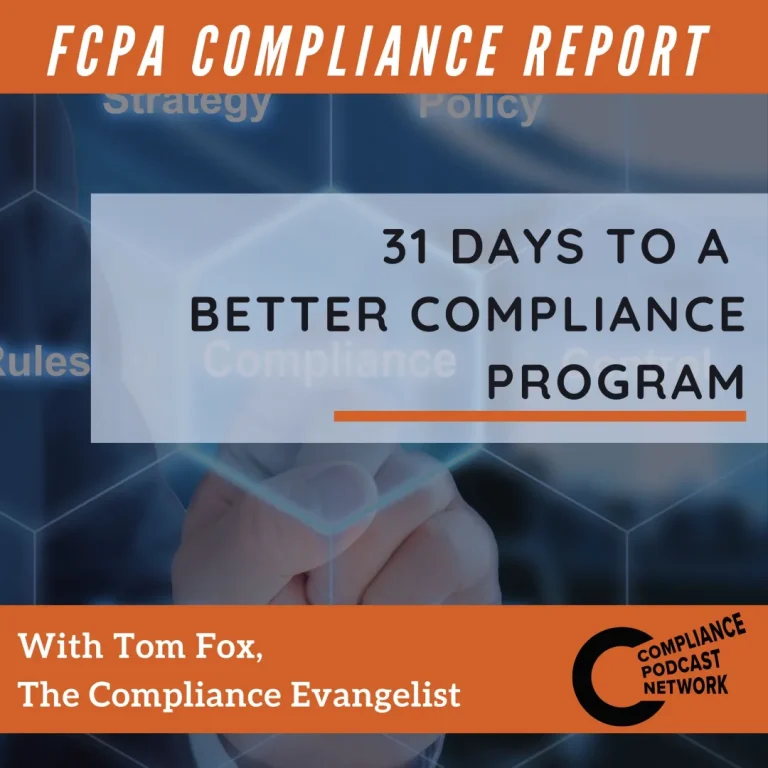The next area for policies is extortion payments, which not are made illegal under the FCPA. Extortion payments are made for any action which threatens or demands payment for life, liberty, or health. These should be exempted out from your facilitation payments and your compliance program through specific language. You need to do this for a variety of reasons. First and foremost, your employees must understand that the company will support them if they are in any way threatened with harm, with arrest or physical detention, their health/safety is threatened. As a compliance professional, you need to make sure they understand they need to do whatever they have to do to get themselves out of such a situation.
Some of the situations your employees might face are along the lines of the following:
- Employees are stopped by police, military or paramilitary personnel, or militia (uniformed or not) at designated or other checkpoints or other places and a payment is demanded as a condition of passage of persons or property;
- Employees are stopped at the airport by customs or passport control personnel or military personnel and a payment is demanded for entry or exit of persons or property; or
- Employees are asked by persons claiming to be security personnel, immigration control, or health inspectors to pay for an allegedly required inoculation or other similar procedure.
The key though is that it be properly documented. But more than simply the documentation is that you must specifically list extortion payments in your books and records, so you will not be suspected with hiding them by describing them as something else. The key is to train your employees specifically on the actions to take. In your policy, state that if there is a threat to health, safety or liberty, it is not a facilitation payment but an extortion payment. Make sure that they understand what their rights are and what their obligations are to report it when they come back to the corporate office or their office. Always remember, an extortion payment is not a FCPA violation.
Three key takeaways:
- Extortion payments are not illegal under the FCPA.
- Was the action an extortion or some other type of situation?
- “Document, Document, and Document” your extortion payments, both the financial component and a description of the underlying events.
For more information, check out The Compliance Handbook, 4th edition, here.



